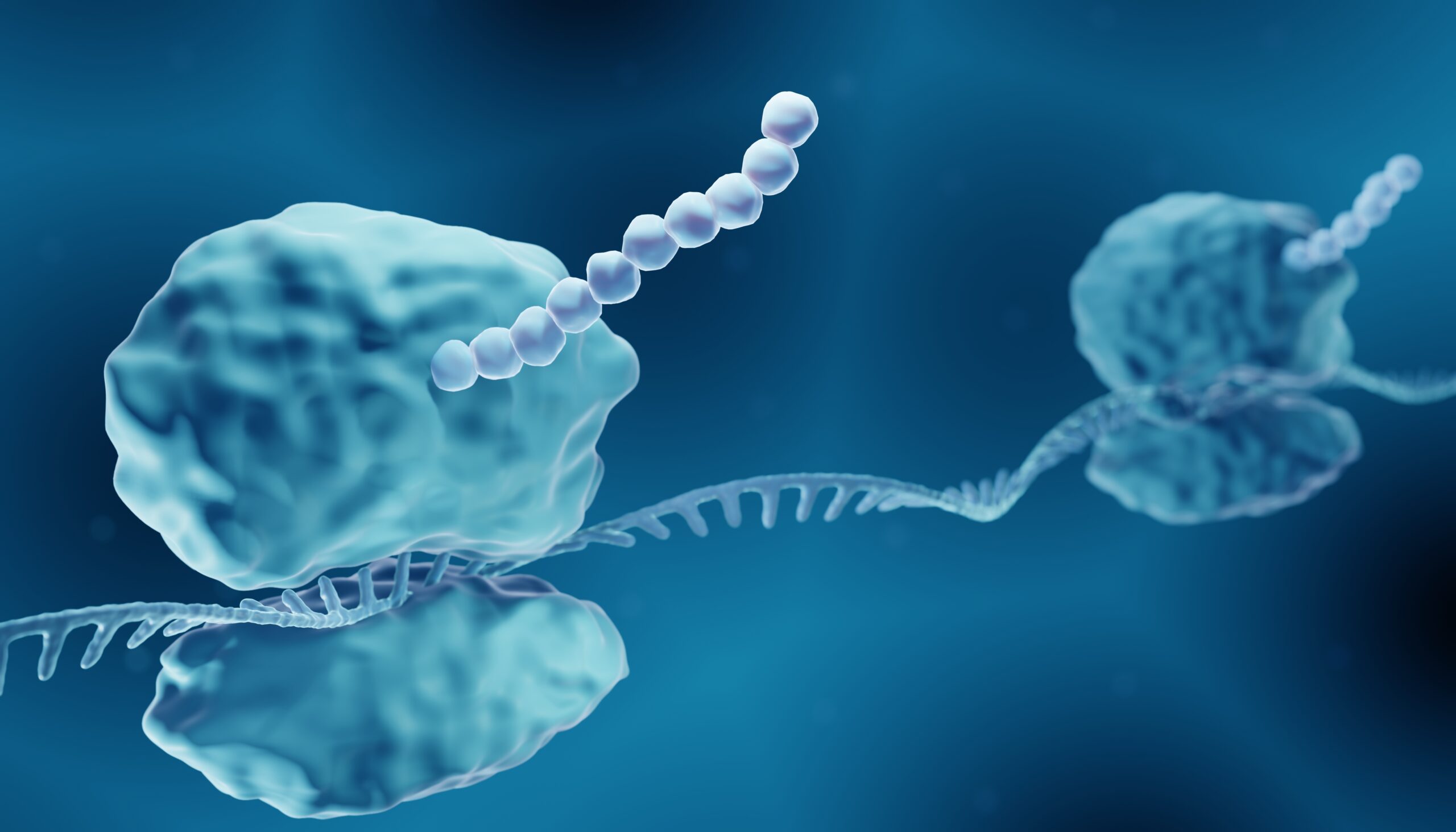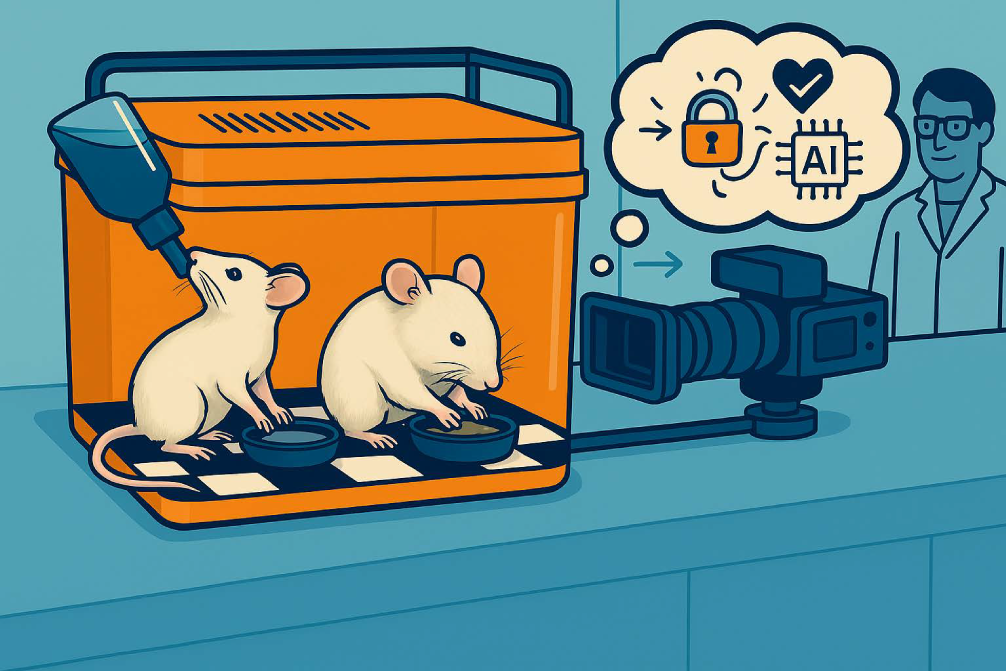Remembering Ted
Edward (Ed/Ted) Pritchard Evans died suddenly on 26th February at his care home in Benson. He was a world-renowned cytogeneticist. Much loved by his late wife Janet, children Rachel, John and Pete, and grandchildren James, Tom, Angharad, Hamsi, Wil, Ramya, Sam and Jess. Loving father-in-law to Ian, Louise and Vidya.
To us at Harwell Ted was at the same time a legendary figure and a wonderful colleague, full of laughter and wit and never too tired for a story.
Ted was born in North Wales and studied Agricultural Botany at Aberystwyth University before embarking on his PhD studies on chromosome breakage in Tradescantia at the University of Southampton. Due to the scarcity of jobs in the field, he applied for a role in mammalian cytogenetics with Charles Ford at the MRC Radiobiology Unit at Harwell and the rest is a very distinguished history.
His scientific work led to countless discoveries and technical advancements such as the ‘Evans Method’ for spreading chromosomes onto glass slides and observing them to identify any abnormalities. This method was published and became the choice for laboratories around the world working on many different species including humans. Ted became a world expert in the use of Giemsa staining to reveal the chromosomes’ unique banding pattern that allowed him to univocally identify them, and study deletions, translocations and rearrangements associated with many mouse phenotypes and ultimately human diseases. His publication record is a testament to his incredible scientific and technical knowledge and his will to collaborate with others to answer the most important biological questions of the day.



In the words of the MRC Harwell Institute Director Prof Steve Brown “Ted had a formidable eye and ability to recognise the most subtle, but often the most important changes, in a chromosome. This was essential for our understanding of the biology and for learning how such changes in our chromosomes might lead to disease. His work underpinned and was critical to many of the most profound genetic discoveries that emerged from Harwell.
It is not possible today to do justice to all of his many and important contributions. However, his legacy will not be forgotten and to mention just one contribution, in 1993, just before I joined Harwell, Ted and Bruce Cattanach published in Nature Genetics a most intriguing paper. They found that a number of large regions of chromosomes could be missing, and the mice were still viable and fertile, though they presented with poor growth physiology, general health and pigmentation defects. It seems that certain regions of the genome are not so important for our survival.”
There will be more suitable arenas to discuss and celebrate Ted’s extraordinary contribution to science. His long-term colleague and friend Colin Beechey however is keen to point out how, when he joined the then MRC Radiobiology Unit in 1967, “Ted was immediately friendly and took me under his wing to try and pass on some of his chromosome techniques and knowledge, always accompanied by amusing stories” as a testament to Ted’s generosity and will to share his skills and expertise.
Ted had to move out of MRC Harwell after a ‘site visit’ in which his line manager Charles Ford’s programme was not included in the next round of funding. The group moved to the Sir William Dunn School of Pathology at the University of Oxford under the stewardship of Henry Harris, where Ted was able to carry on his work and establish and strengthen many fruitful collaborations that would result in him working for some of the researchers well into the second decade of this millennium and after his retirement. Whilst there, Ted’s interests further diversified on the chromosomes of somatic cell hybrids (where he helped Prof Harris prove that his somatic cell hybrids were chromosomally human-mouse), unbalance and early foetal losses, embryonic stem cells, gene mapping by in situ hybridisation and much more.
His links with MRC Harwell however were never severed and a couple of decades later he was back to the delight of many colleagues and friends.
After his retirement and always with his friend Colin, Ted was asked to use his amazing and undiminished ability to assess the chromosomal integrity of Embryonic Stem Cells destined to be used in the production of mice for the International Mouse Phenotyping Consortium, a project aimed at the generation and phenotyping of mouse null alleles for every gene in the mouse genome and for which the MRC Harwell Institute was a founding member.
It was a great chance for many of us to appreciate Ted’s mastery and to sit for one of his many stories and jokes, often aimed at the new Health and Safety regulations that he felt were slightly over the top and light years away from his experience. We really did have a good laugh with him!

To the delight of all of us, Ted managed to participate in our celebration of the Mammalian Genetics Unit, held at MRC Harwell in March 2022 reminding us all of his great brain and fun-loving attitude.
This is a thank you from all of us for the many years of science and laughter and a tribute to a truly extraordinary mind.



